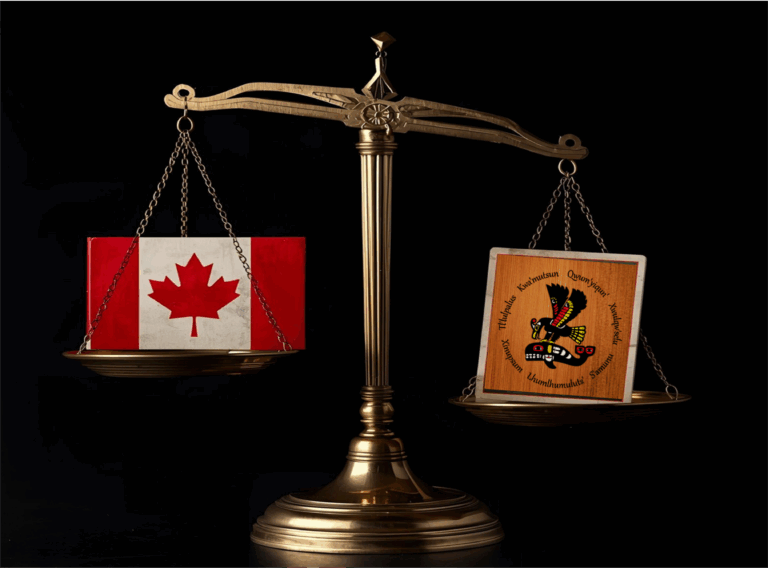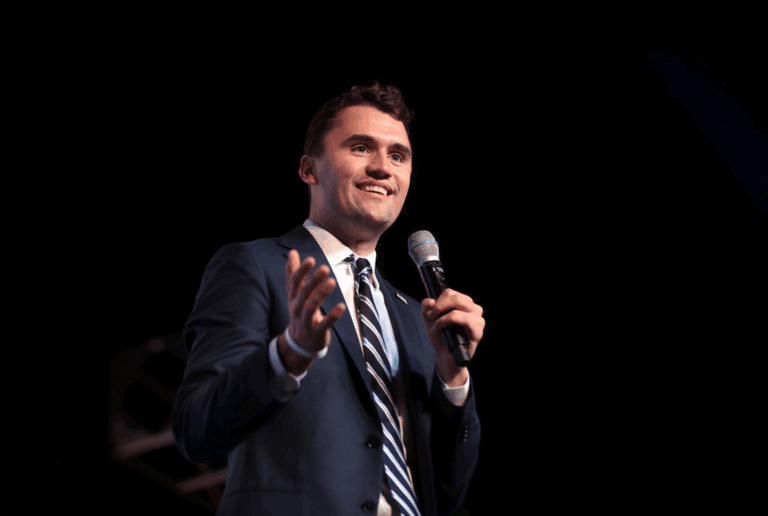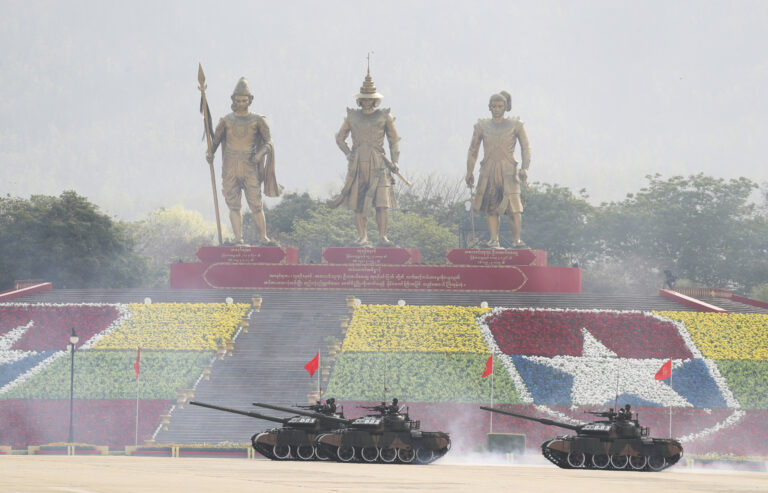Faith, Leadership and Public Life: Leadership Lessons from Moses to Jesus.
By Preston Manning
360 pp: Castle Quay Books, 2017
Reviewed by Patrick Keeney
Liberal democracy, that system of self-government that balances majority rule with individual rights, is under great strain. Everywhere across the developed world we are witnessing declining levels of public trust, extreme polarization, and a deep cynicism toward politics. Citizens of liberal democracies are in near revolt against their own political and economic elites. What is the source of this discontent?
George Orwell in his 1940 review of Mein Kampf, pointed out that whatever the failings of Nazism and Fascism as economic theories, they at least acknowledge something more than a hedonistic conception of life. For Orwell, the liberal democracy for which the allies were fighting was bereft of a spiritual dimension, and this absence was a signal failure. Orwell, better than most, understood that people have needs that cannot be met by bread alone.
One of the well-noted weaknesses of modern liberal theory is that there is little conceptual space for relationships and human needs which do not lend themselves to a neat economic calculus. Here is how Preston Manning summarizes the situation in his new book Faith, Leadership and Public Life:
[politics] can offer people goods and services… but we cannot in reality provide them with that which will satisfy their deeper human needs – deliverance from evil in their own lives, forgiveness for the wrongs of the past, the healing of broken relationships, or hope for the future that is independent of their material and temporal circumstances. These must ultimately come in another way from a deeper source.
The deeper source for Manning is the Bible. He is a committed Christian who has been a political activist for most of his life, starting with the Alberta Social Credit party and government led by his father Ernest, and later as founding leader of the Reform Party of Canada, and then as a founding member of the Canadian Alliance and principal architect of reunification of the national conservative movement, which led to the merger of the Alliance with the Progressive Conservative Party to form the Conservative Party of Canada.
Outside public life, Manning was a business consultant with clients in the oil industry and aboriginal communities. The fact that he thrived in politics during an era of aggressive secularization is a testament to his skill and fortitude. Oft-ridiculed as “Parson Manning”, his liberal-left opponents routinely tried to demonize him and his party as ignorant, intolerant religious zealots. He made enemies in the conservative tribe too, and subjected himself to the debasing exigencies of politics (most memorably when he shared a TV talk-show stage with a porn actor), yet through it all retained his dignity and the respect, albeit sometimes grudging, of almost everyone who worked with or against him.
All this provided Manning with a richness of experience to draw upon, filtered through a Christian lens. He describes his book as an attempt to “examine lessons in leadership from the interface of faith and public life, especially the political dimension of public life.” And Manning doesn’t disappoint; he provides much food for thought.
Unfortunately, the quality of the repast is marred by its presentation. The book’s 360 pages are divided into 4 major sections: 1. Leadership lessons from the public life of Jesus; 2. Leadership Lessons from the Life of Moses; 3. Leadership Lessons from the Life of David; and 4. Leadership Lessons from the Life of Exiles.
Each of these four sections is then further divided into between 6 and 13 subsections, called “chapters,” which are numbered and set off in greyscale. Within each of these chapters are even further subsections set apart in bold print. To further add to the confusion, some of these bold sections are numbered, and some aren’t.
The mélange is aesthetically unappealing and distracting. Chopping the text into so many divisions gives the impression of an overly long power point presentation – something rather disjointed that has been cobbled together. Inevitably, a certain repetitiveness sets in. The book would have greatly benefited from a stern editor to ensure the book’s continuity. Also, the lack of both a bibliography and an index is regrettable. All of this distracts from Manning’s message.
This is a pity. As a Christian politician and an astute observer of the Canadian political scene, Manning has a great many insights about the role of the media, the difficulty of living in the public eye (especially for a person of faith), the extent to which public policy and laws can alleviate human suffering, how to internalize high standards of behaviour in politicians, and in general how committed Christians can “navigate the interface of faith and public life wisely and graciously.”
Essential to Manning’s Christianity is the need to take seriously Jesus’ command for reconciliation, “one of the central doctrines of our faith.” Moreover, Manning is a capable exegete, and he knowledgeably draws on scripture to make his points. His message is a measured and humane one, designed for both secular audiences and faith-based communities. For example, he comments on the “tragic irony” of Christians who urge an overtly Christian government:
… when well-meaning Christians advocate the use of the coercive power of the state to bring in the kingdom of heaven they are actually taking not Jesus’ side but the side of Satan when he advocated precisely that position in the wilderness temptation.
“Genuine” Christianity, in Manning’s view, is a guardian against precisely such an eventuality, something that might surprise both his secular adversaries and many Christians, especially ambitious political evangelists.
But perhaps the major theme in the book is the need for politicians to understand that they are servants of the public, and not its master. In the Christian context, this requires “personally embodying the gospel’s central characteristic of self-sacrificial love, fully immersing ourselves among those we seek to serve.”
This is an idea that seems almost hopelessly naïve in a time where so many politicians seem blind to the boundaries between self-interest and the public interest. The current prime minister of Canada is so certain of his purity of purpose that he cannot fathom why anyone would question the probity of vacationing on the private island of a billionaire who has drawn deeply from the federal treasury. The moral compass of the current president of the United States points only one direction – to his pathological self-interest. Across all parties and levels of government, the inglorious main attractions to public life seem to be access to pulchritudinous staffers, generous pensions, buying votes with other people’s money, and using the bully pulpit to crucify any person or idea that conflicts with one’s own incontrovertible virtues. Both Socratic humility and Christian forgiveness are short supply.
Manning is indeed a lonely voice in this dog-eat-dog universe, which is all the more reason to quibble with his jarring tendency to marry the transcendent message of the scriptures with the pedestrian jargon of the business consultant. No ethically-gifted aspiring modern politician is going to be inspired to seek a nomination by the news that Jesus of Nazareth was a “receiver-oriented communicator”, which gave him “an authority in spiritual matters that exceeded that of the scribes and Pharisees.”
Nevertheless Manning has consistently throughout his career and again in this book shown why our political, social, economic, and moral crisis must look past politics to “deeper sources” for remedies. The belief systems and moral codes which provided the foundation of western civilization are besieged by the narratives of a post-modern moral-epistemological relativism. The usurpers insist their secular values and virtues are a vast improvement over the barbarism of Manning’s faith. Yet the political world they are creating is more divided, cynical, and vengeful than ever. The one imagined by Moses, Jesus and Manning was by no means perfect, but in putting self-sacrifice at the core of public service, it produced a better life for more people than we are ever likely to get from the self-centred sophistry of our current politics.





